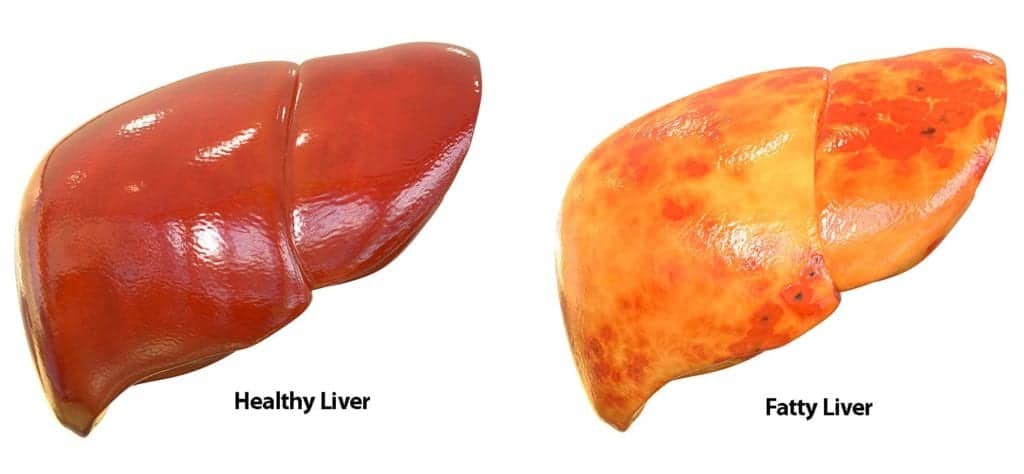- srushtigastro@gmail.com
- +91- 8073380392
Fatty Liver

Fatty liver occurs when excess fat is deposited in the liver, often due to factors such as obesity, excessive alcohol consumption, insulin resistance, or certain medications. There are two main types of fatty liver disease: alcoholic fatty liver disease, which is caused by excessive alcohol consumption, and non-alcoholic fatty liver disease (NAFLD), which occurs in individuals who do not consume excessive amounts of alcohol. NAFLD is further divided into non-alcoholic fatty liver (NAFL) and non-alcoholic steatohepatitis (NASH), with NASH being more severe and associated with inflammation and liver damage.
Fatty liver typically does not cause symptoms in its early stages, and it is often discovered incidentally during routine medical tests or imaging studies. However, as the condition progresses, symptoms such as fatigue, abdominal discomfort, and jaundice may develop. Fatty liver can lead to complications such as liver inflammation (steatohepatitis), fibrosis, cirrhosis, and even liver failure in severe cases. It is also associated with an increased risk of cardiovascular disease and type 2 diabetes.
Management of fatty liver involves lifestyle modifications such as weight loss, dietary changes (including reducing consumption of sugary and fatty foods), regular exercise, and limiting alcohol intake. In cases of NASH or advanced liver damage, medical treatment and close monitoring by healthcare professionals may be necessary to prevent further liver damage and complications.
We have the best liver doctor in HSR Layout for the best Fatty Liver Treatment in HSR Layout. Contact us today.
Benefits:
In summary, early detection and management of fatty liver are crucial for preventing liver damage and associated complications, leading to better health outcomes and improved quality of life.
Empowering assistance, right when it matters. We’re here to lend a hand whenever you need it.

Call : +91- 8073380392
srushtigastro@gmail.com
Srushti Gastro & liver Clinic 186, 165, 9th Main Rd, Sector 6, HSR Layout, Bengaluru, Karnataka 560102